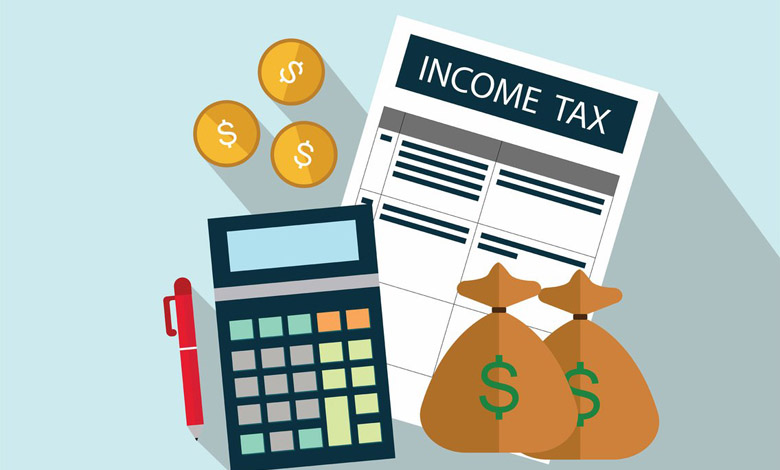Small business deductions are big business because they are the key to significantly reducing your federal and state taxes. Each state has different expense deduction rules, but most follow the IRS guidelines very closely. Just about any legal expense incurred to generate income is deductible and that includes start-up expenses, payroll costs, cost of goods sold, mileage, home office expenses and much more. The IRS defines the expenses that are considered deductible to be those that are ordinary and necessary.
Of course, you can’t build a business unless you start-up a business. That is why there are small business deductions for start-up and organizational costs. Currently the IRS allows up to $5,000 in start-up expenses and $5,000 in organizational expenses. Expenses beyond the limits must be amortized as a capital expense. Start-up expenses that are small business deductions include any expense that is connected with getting the business up and running including studies done on prospective businesses or advertising expenses. . Organizational expenses are concerned with the cost of starting a corporation.
Once the business is a going concern, there are many small business deductions that apply. You can deduct expenses for advertising, legal, wages, employee benefits, telephone, mileage, rent, professional dues, subscriptions and much more. The kinds of expenses you will incur depend on the type of business of course. But there are many expenses that are often overlooked or understated simply because taxpayers don’t know the small business deductions are available.
Bringing Your Small Business Deductions Home
For example, the home office deduction is available to anyone who runs a business from their home. This applies to both homeowners and renters and the type of home is not important. You can live in a house, condo, mobile home or apartment, and as long as you use part of the living space for business operations you can deduct a portion of expenses for maintaining that home. The applicable expenses include mortgage interest, electric or gas expenses, repairs, insurance expenses, telephone depreciation expense (for homeowners) and anything else used for your business. The amount you can deduct for rent, mortgage interest, interest and home or rental insurance is figured based on the business square footage to total square footage. For example, if you generate 50% of your income from a home based business then you can deduct 50% of home maintenance related expenses.
One of the biggest problems entrepreneurs face is proving that a portion of the home is used exclusively for business. You can use a whole room or rooms or simply have a desk in a corner of a room. The important fact to understand when taking the home office deduction as one of your small business deductions is that you have to be able to prove that the space you use for your expense deduction is not used for any personal reasons.
One of the other small tax deductions that cause confusion is the business use of car. You can deduct all of the expenses related to using your car for business purposes, but you need to document the business miles. The amount of vehicle expenses you can deduct is based on the percentage of business miles to total miles applied to the particular expenses like gas and auto maintenance.
Turbo Tax can help you figure your small business deductions. A tax program can assist you with identifying all eligible deductible expenses so you don’t pay more tax than is necessary. You only need to enter the information like square footage and the expense figures and it will determine your maximum deduction. The same is true for the mileage deduction. You can simply enter your business miles and total miles driven during the tax year and then let the program calculate your small business deductions using the vehicle expenses you input.



